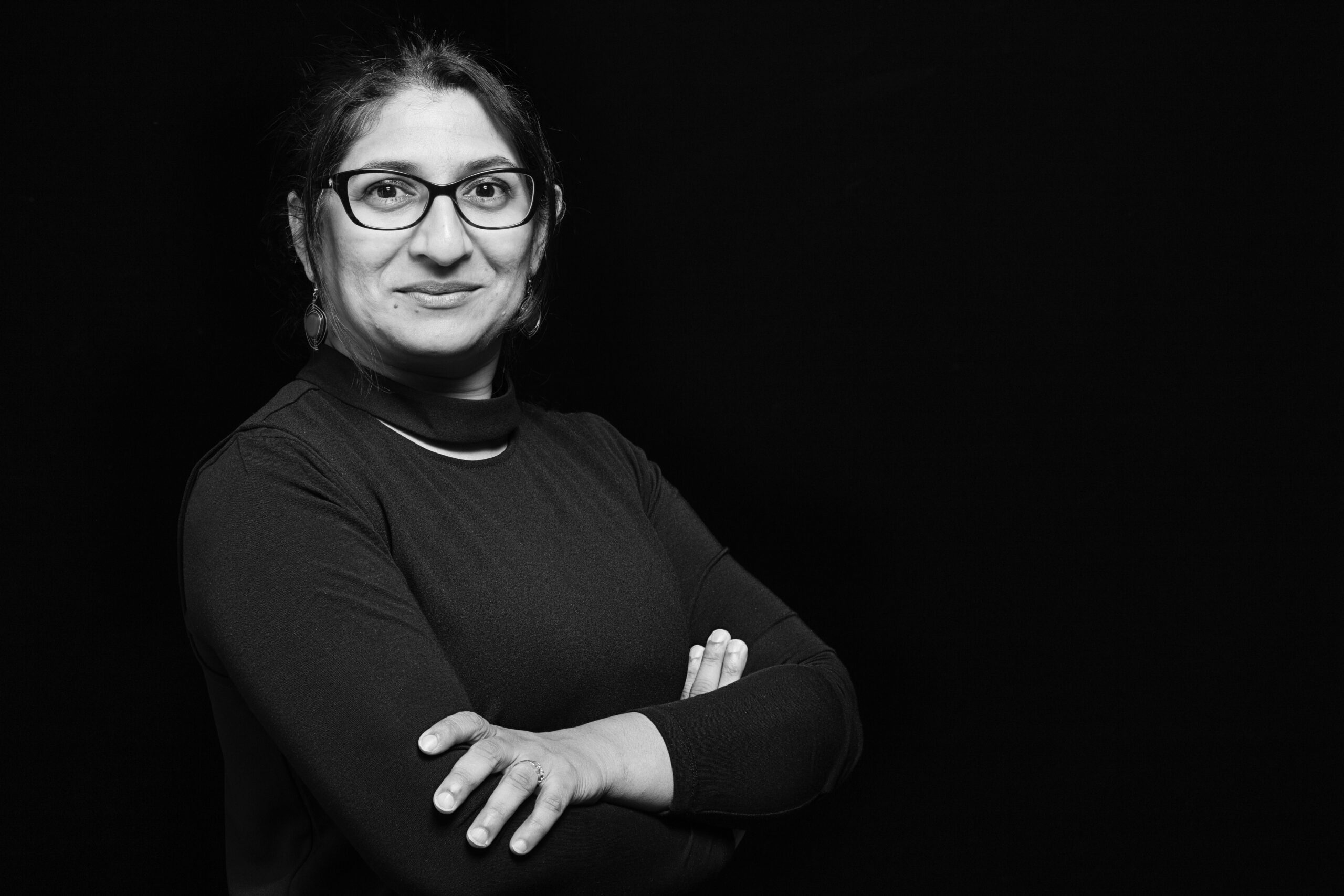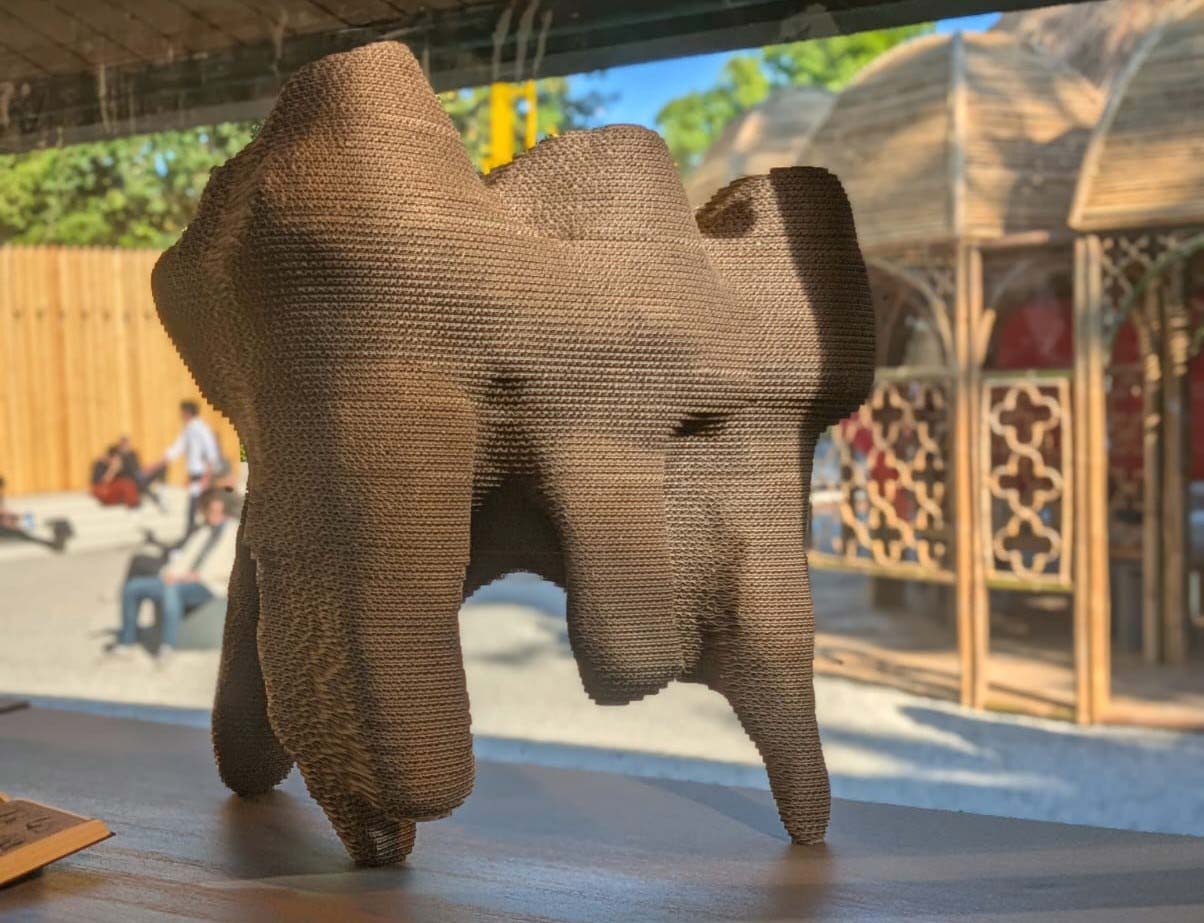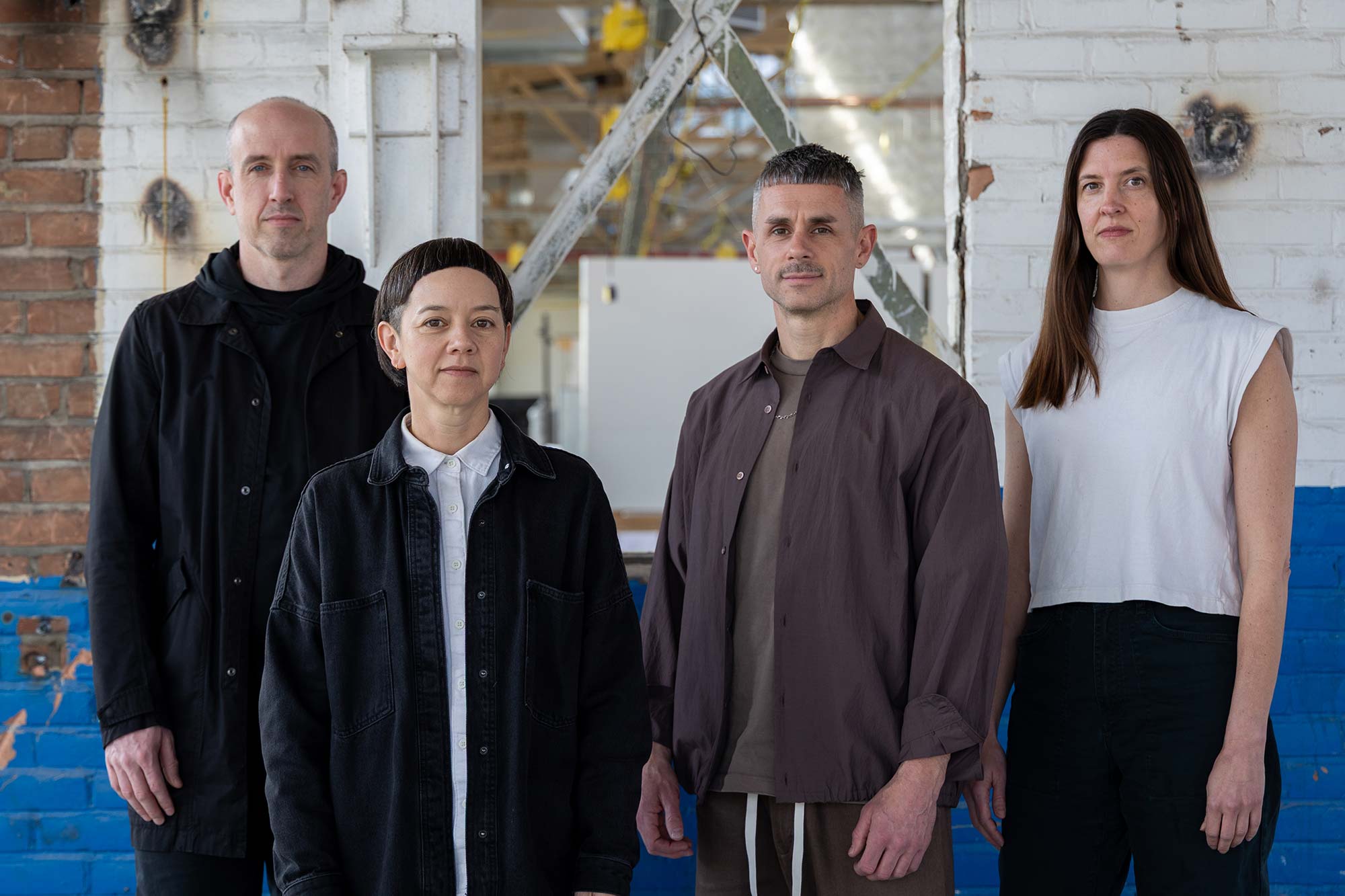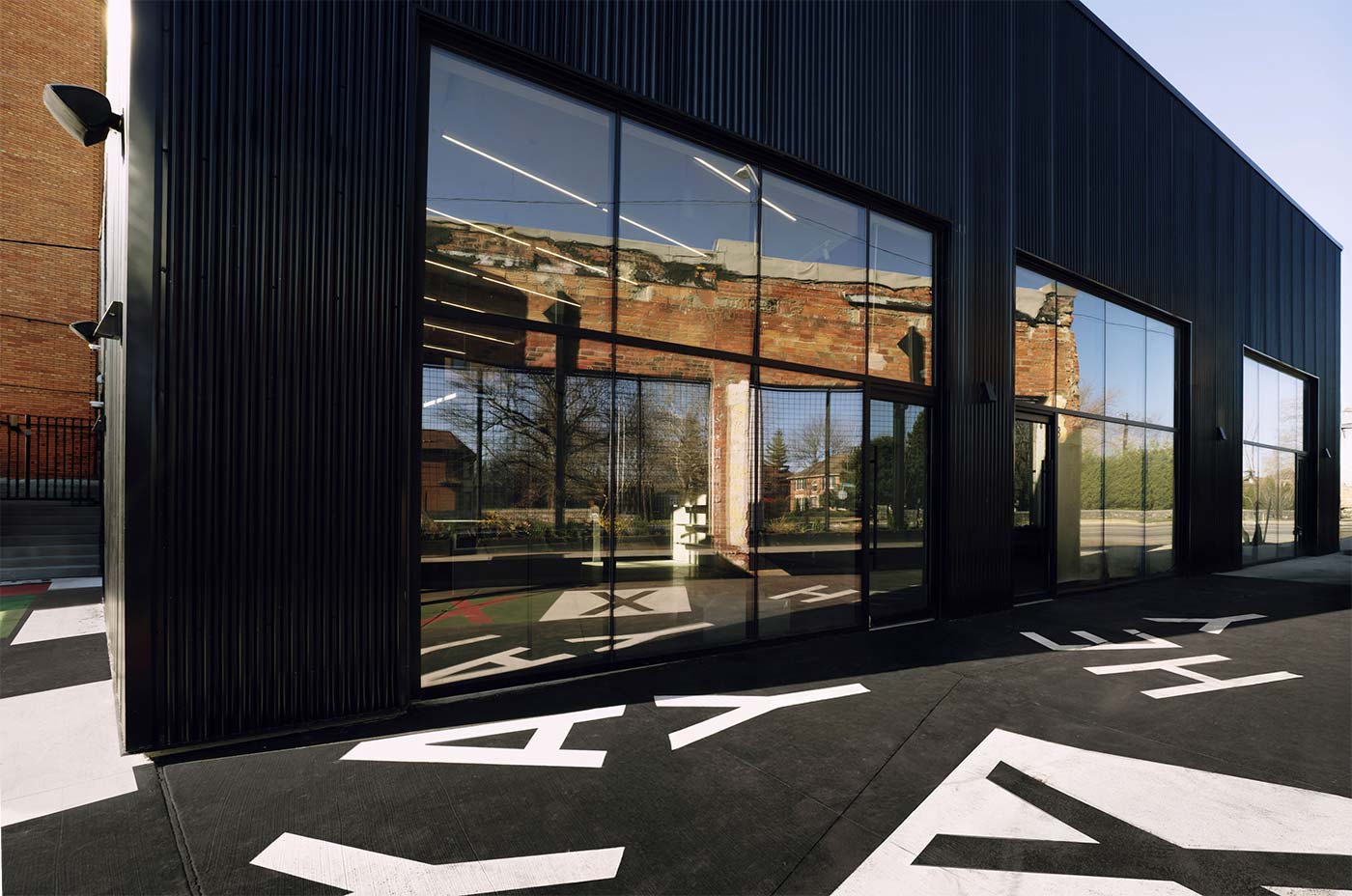Assistant Professors Adams, Velikov and Associate Professor Thün awarded UM Research grants to advance Responsive Architectures
University of Michigan Office of the Vice President for Research Small Project grants were awarded to three Taubman College Faculty in the most recent cycle, one to Assistant Professor Robert Adams, for work on The Asclepius Machine, and another to Associate Professor Geoffrey Thün and Assistant Professor Kathy Velikov for The Stratus Project. Both projects involve design research in Responsive Architectures, which deploy kinetic, automated, intelligent components to modify environments based on occupant demand.
The Asclepius Machine
Robert Adams’ Asclepius Machine is an ongoing design research project situating responsive architecture between civic and in stitutional spheres that implicate a more inclusive conception of the social-mechanical body. The research explores the relational mechanics between genetic diversity and urban infrastructure by developing architectural products that incorporate interaction design, sensor technologies and kinetic structures. The objective of this work is to reconfigure cultural codes that diversify conceptions of public health and aesthetics within disability culture. The research seeks to extend the operative range of disability culture within the public sphere by expanding the scope of architecture as a metric of public health, cultural performativity and vitality of everyday life. The first phase of The Asclepius Machine was funded through a 2009 Taubman College Research Through Making grant, and a 2010 research grant from the Graham Foundation.
The Stratus Project
Thün and Velikov’s Stratus Project develops a kinetic interior envelope, which is actuated based on sensory input to affect the surrounding atmosphere, and is in continual information and material exchange and dialogue between the occupant and the environment. The project aims to attune one’s attention to the immediate air-based environment and to the physical conditions that produce it, questioning the politics and agency of humans relative to the air. The project explores material ways in which architectural assemblies can both mediate indoor air quality and bodily comfort, while providing live air quality information to occupants through both digital and haptic means. The physical research of The Stratus Project explores the integration of material fabrication, environmental sensing, actuation and control as well as the use of biological paradigms in materials and assemblies. The first phase of The Stratus Project was funded through a 2010 Taubman College Research Through Making grant.









